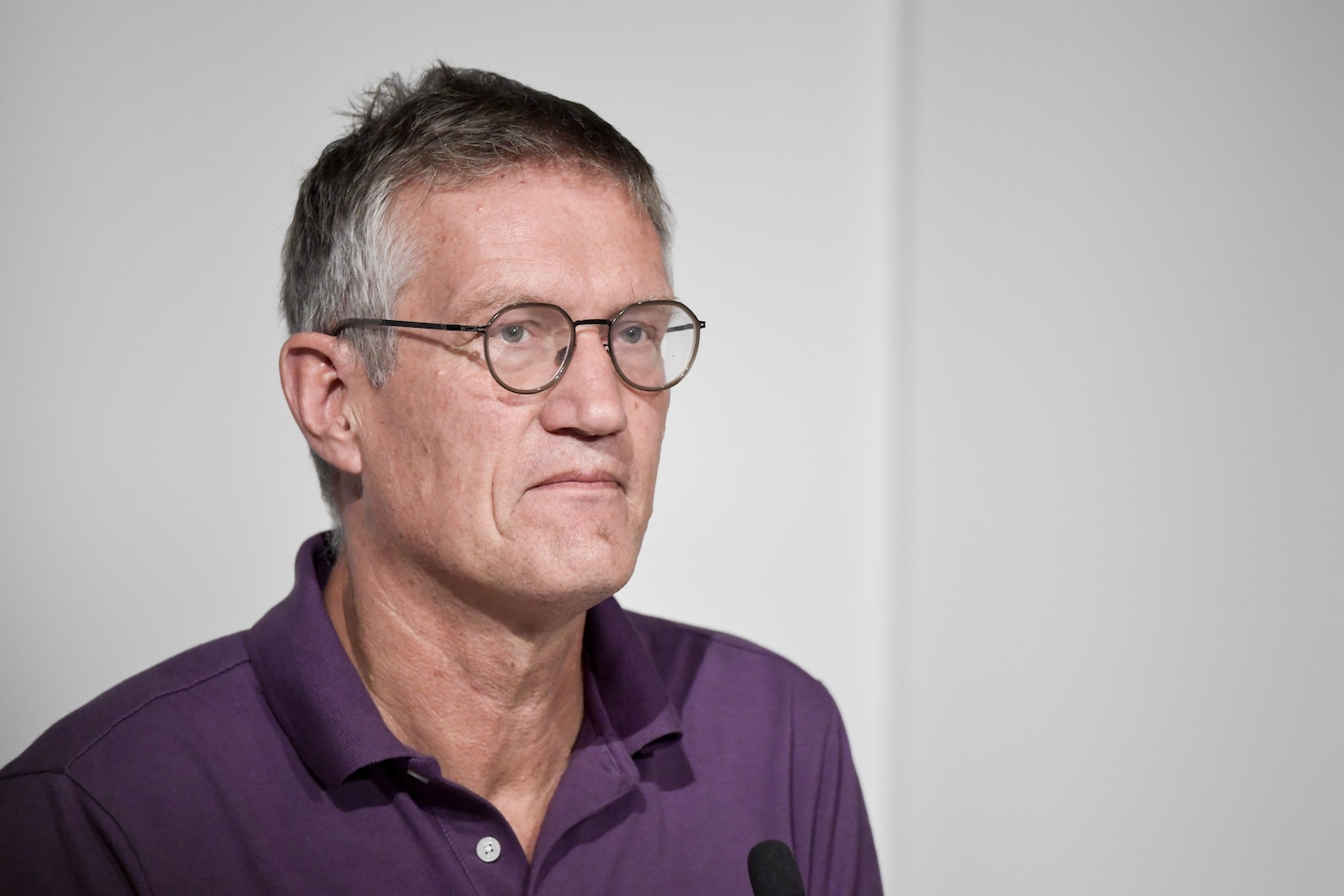As debate over Sweden’s covid-19 response continues, cases in the country are on the rise

“It is slowly but surely going in the wrong direction in Sweden, even if the situation is not as serious as in other parts of Europe,” Tegnell said at a news briefing Thursday, according to the newspaper Svenska Dagbladet.
Unlike many other nations, Sweden has pursued a policy for containing the virus that avoided strict government measures such as school or restaurant closures. The success or failure of that policy is still being debated far beyond Sweden’s borders, where most countries implemented some form of lockdown.
Only last week, a World Health Organization official praised Sweden’s unorthodox handling of the outbreak. Sweden had “avoided the increase that has been seen in some of the other countries in western Europe,” Catherine Smallwood, WHO Europe’s senior emergency officer, said at a briefing.
Sweden’s daily increases in new cases remain modest when compared with the United States and some other European nations. On Thursday, France and Britain both announced their highest daily increases since the pandemic began, with 16,096 and 6,634 new covid-19 cases respectively.
But officials are concerned by the increases, which are higher than many of their neighbors. Prime Minister Stefan Löfven said Thursday that the new numbers were “worrying” and that plans to relax restrictions on large public gatherings would be put on hold.
Sweden’s 14-day cumulative number of cases per 100,000 stands at 38.8, according to the European Center for Disease Control data released Friday — far lower than countries such as Spain, where the figure stood at 319.7 amid a surge in cases, but higher than countries like Germany, Italy and most of its Scandinavian neighbors, all of whom had imposed lockdowns.
Exactly why cases are rising in Sweden is not clear. The end of summer, which had allowed easy outdoor group activities, may be a factor, though government officials have also pointed to data that appears to show more Swedes are returning to the office and using public transport, despite government warnings.
Sweden has also increased its testing capacity, but data from the Swedish Public Health Agency has found a rising percentage of positive cases, which would suggest increased spread.
So far, deaths have not increased significantly. The government announced two more deaths from covid-19 on Friday, bringing the total to 5,880. The country has recorded 90,923 confirmed cases of covid-19 among its population of around 10 million.
Sweden’s lockdown-free model was initially praised by many around the world who argued that lockdown measures caused too much damage to the economy to be viable. But when deaths surged during the summer, the country was criticized by many; Tegnell, who spearheaded the tactics, expressed regret for some policies.
With new waves of infection appearing in many nations that had locked down, the Swedish model remains a point of contention. Sen. Rand Paul (R-Ky.) clashed with the nation’s top infectious-disease specialist, Anthony S. Fauci, on the subject at a Senate hearing this week, with the U.S. expert suggesting that it was inappropriate to compare the Swedish situation with the United States.
Tegnell, who has been widely praised by British conservatives, also spoke with Prime Minister Boris Johnson early this month. Britain is debating a second lockdown, with one government expert warning this week that the country could reach 50,000 coronavirus cases a day by mid-October.
Health experts who have studied Sweden’s system are cautious about drawing simple conclusions. Some have pointed to high levels of trust in expertise among the Swedish public, as well as Tegnell’s unusual position as a nonpolitical expert who wields considerable public health power.
“Swedes have followed the rules more dutifully than in other countries — perhaps because they trust the public health officials,” Richard Smith, a former editor of the British Medical Journal, wrote for the publication this week.
Tegnell himself does still have some regrets: He told a Swedish newspaper this week that Nordic nations could have handled the pandemic better if they had coordinated their responses.






